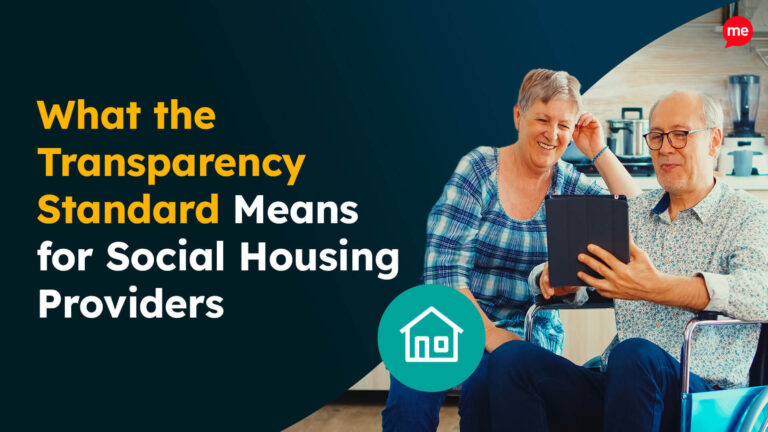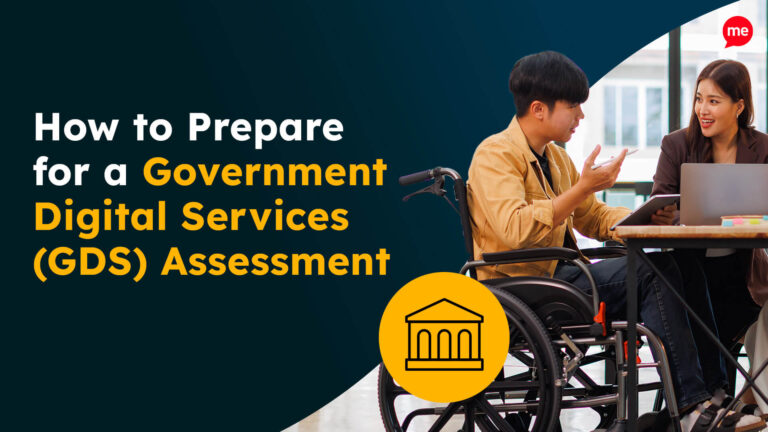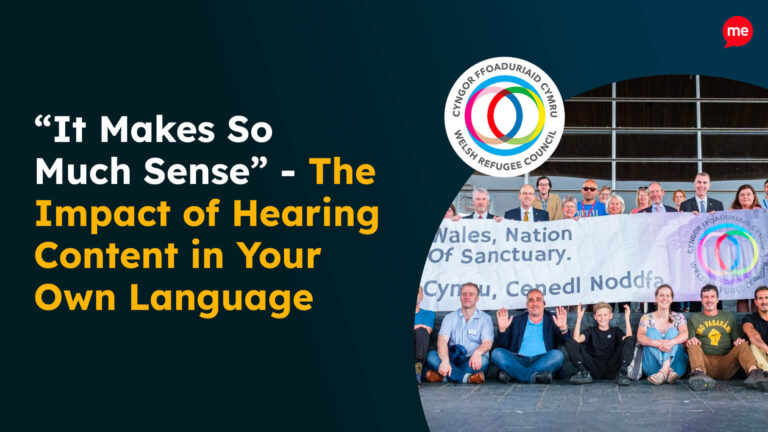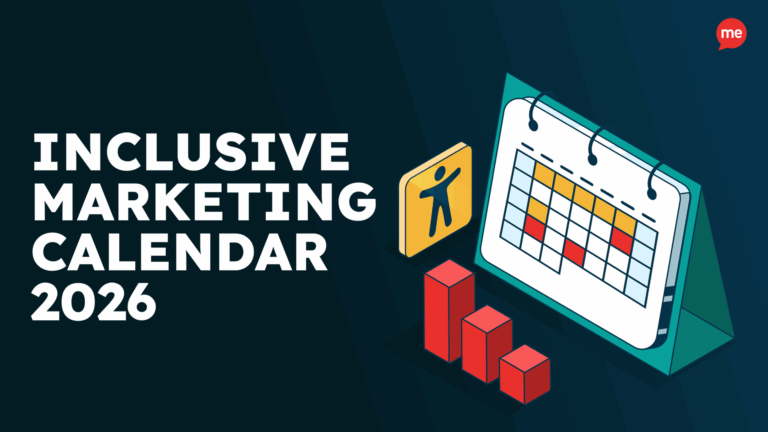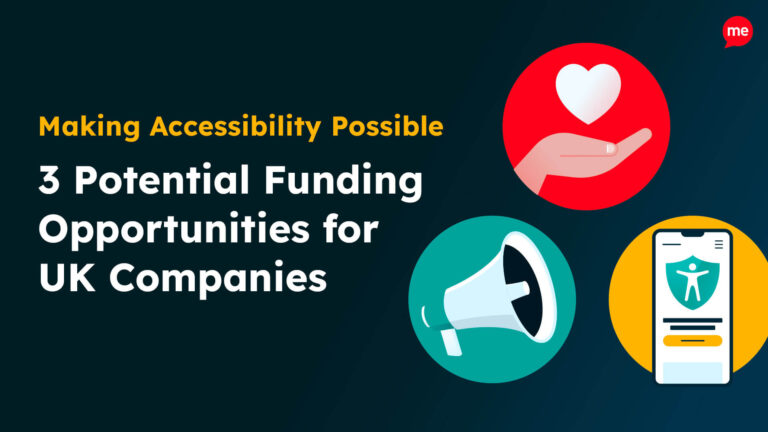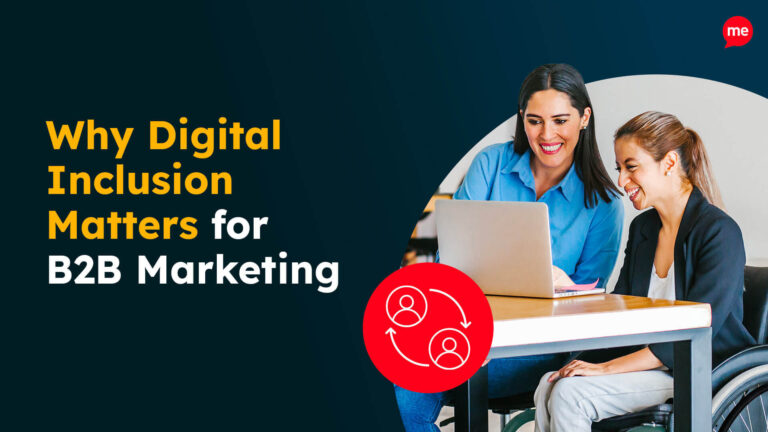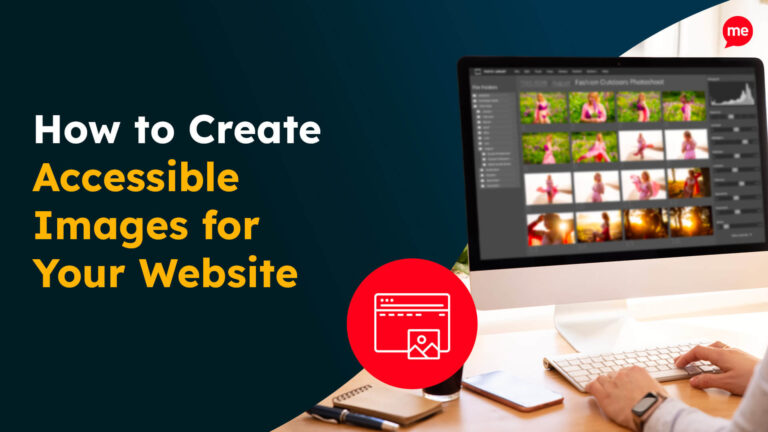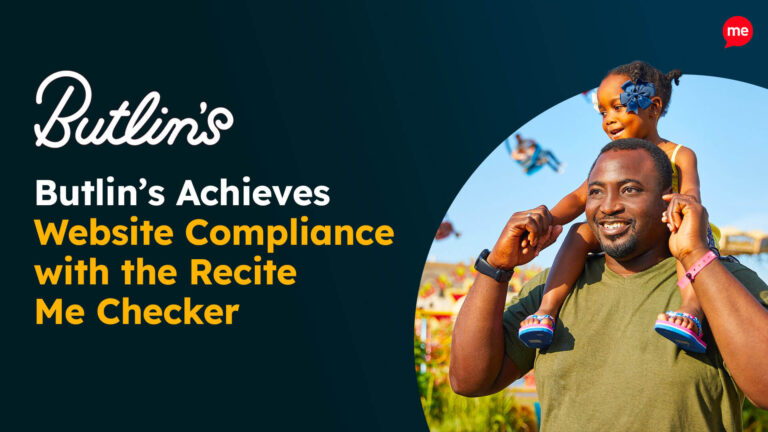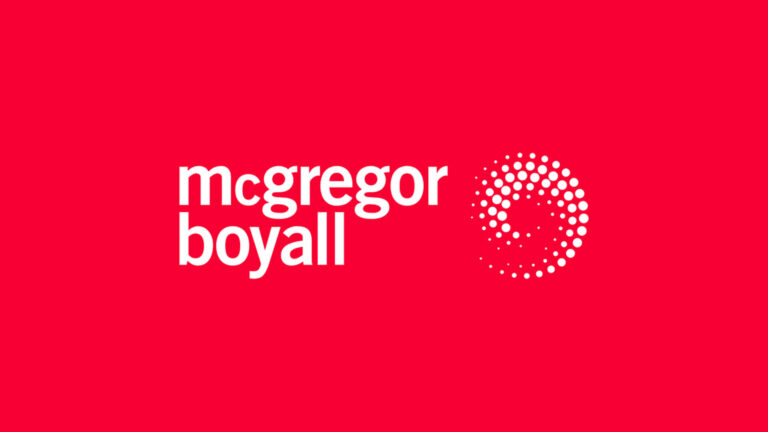Understand why accessibility is central to the Transparency Standard in social housing, where digital risks sit, and how providers can support inclusive services....
Resource Hub
Let us help you get up to speed with online accessibility
Explore the world of online accessibility through a wide range of resources to support your journey in providing inclusive experiences online
